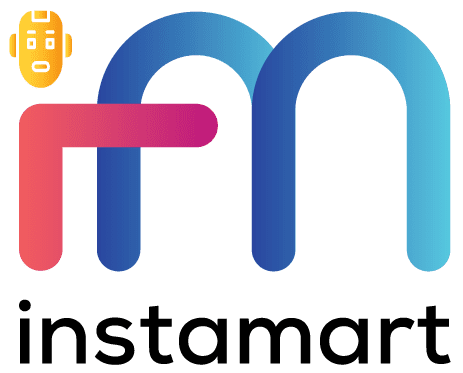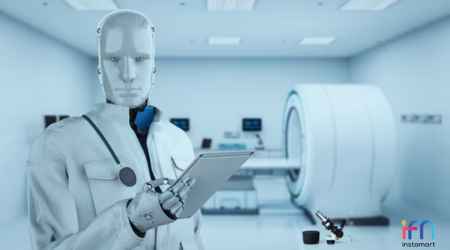Artificial Intelligence (AI) has ushered in a new era of possibilities across various industries, and healthcare is no exception. The integration of AI into medical research holds the promise of revolutionizing the way we understand diseases, develop treatments, and enhance patient care. As technology advances and datasets grow, AI is becoming an indispensable tool for accelerating medical research and driving innovations that were once deemed impossible.
Unleashing the Power of Data
One of the most significant contributions of AI to medical research is its ability to handle vast amounts of data with speed and precision. Medical data, ranging from patient records and genomic information to medical images and research papers, have traditionally been challenging to process manually. However, artificial intelligence algorithms can quickly analyze and extract meaningful insights from these datasets, allowing researchers to identify patterns, correlations, and trends that might have remained hidden otherwise.
Personalized Medicine
The era of “one-size-fits-all” medical treatment is gradually fading away. Personalized medicine, which tailors treatments to an individual’s unique genetic makeup, lifestyle, and medical history, is becoming more achievable with artificial intelligence-driven analysis. By analyzing genomic data, Artificial intelligence algorithms can identify genetic mutations associated with specific diseases, predict disease risks, and suggest personalized treatment options. This approach not only improves the effectiveness of treatments but also reduces the likelihood of adverse reactions.
Using artificial intelligence-powered personalized medicine could allow for more effective treatment of common conditions such as heart disease and cancer, or rare diseases such as cystic fibrosis.
AI Drug Discovery and Development
The process of discovering and developing new drugs has historically been time-consuming and costly. Artificial intelligence has revolutionized this process by rapidly screening existing compounds and predicting potential drug candidates. Machine learning models can analyze the structure of molecules and predict their interactions with biological targets, significantly expediting the drug discovery process. This efficiency is particularly vital in addressing urgent medical challenges such as emerging infectious diseases.
Medical Imaging and Diagnostics
Artificial intelligence’s impact on medical imaging is undeniable. Radiology, pathology, and other imaging-based diagnostics are being transformed by artificial intelligence algorithms that can accurately detect abnormalities in medical images. For instance, artificial intelligence-powered algorithms can identify subtle changes in X-rays, MRIs, and CT scans, aiding in the early detection of diseases like cancer. Such advancements not only improve diagnosis accuracy but also reduce the burden on healthcare professionals.
Read also: Mystery in AI Chatbot Diagnosis and Research
AI Enhancing Research Insights
Artificial intelligence has the ability to process and analyze complex data allows researchers to delve deeper into scientific inquiries. Natural language processing (NLP) algorithms can parse through vast volumes of scientific literature to identify relevant studies and extract crucial information. This capability speeds up literature reviews, informs research directions, and helps researchers build upon existing knowledge.
Clinical Trials and Patient Recruitment
Clinical trials are essential for testing new treatments and therapies. However, recruiting the right patients for trials and managing the vast amount of data generated can be daunting. Artificial intelligence-powered algorithms can identify suitable candidates for clinical trials by analyzing patient records and medical histories. This not only accelerates trial recruitment but also ensures that trials include a diverse range of participants.
Ethical Considerations and Challenges
While the potential of artificial intelligence in medical research is exciting, it comes with ethical considerations. Privacy concerns, data security, and potential biases in artificial intelligence algorithms must be addressed to ensure that artificial intelligence-powered solutions benefit everyone equally. Additionally, the role of human oversight remains crucial, as AI should be seen as a tool that enhances human expertise rather than replacing it.
Collaboration for a Brighter Future
The integration of artificial intelligence into medical research is a collaborative effort involving researchers, clinicians, data scientists, and technology experts. By fostering partnerships across these domains, we can ensure that artificial intelligence-driven innovations align with the needs of medical professionals and patients.
Artificial intelligence is poised to reshape the landscape of medical research. Its ability to process complex data, make predictions, and uncover hidden insights has the potential to accelerate discoveries, improve patient outcomes, and transform the healthcare industry. As technology continues to evolve, the collaboration between human expertise and artificial intelligence’s computational power will be key to unlocking the full potential of artificial intelligence in shaping the future of medical research.
Read more AI news here






